New kids on the black dirt
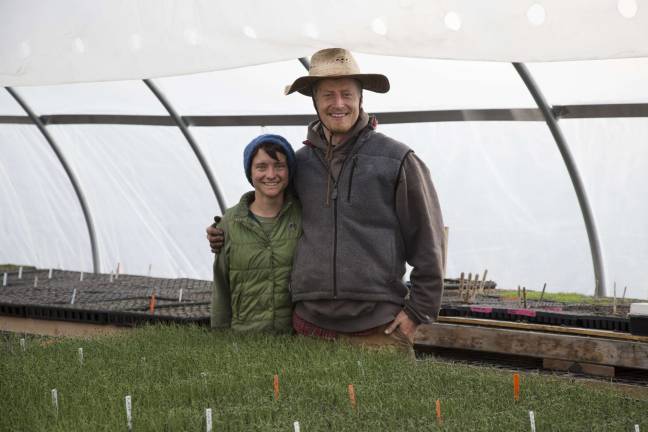
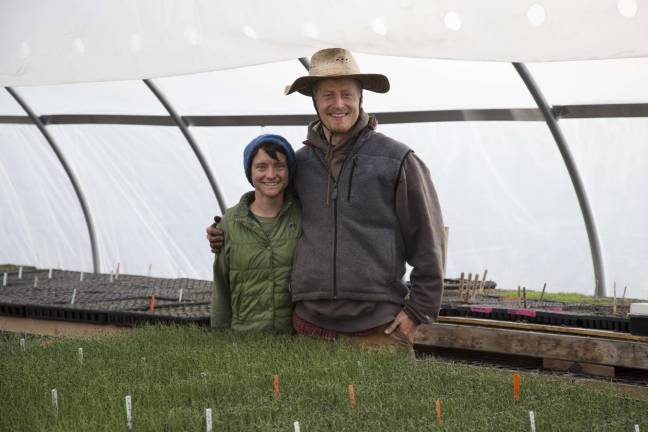
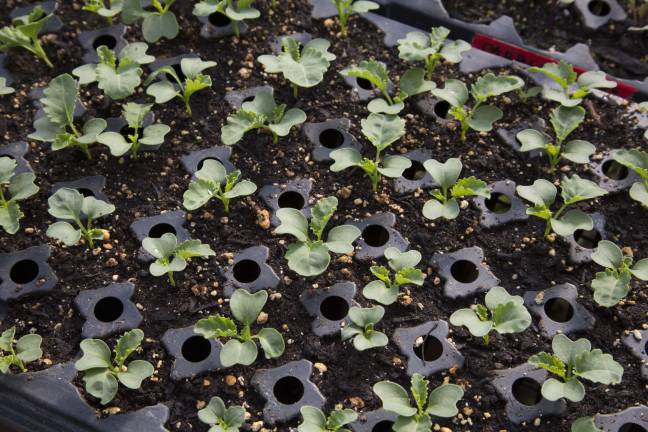
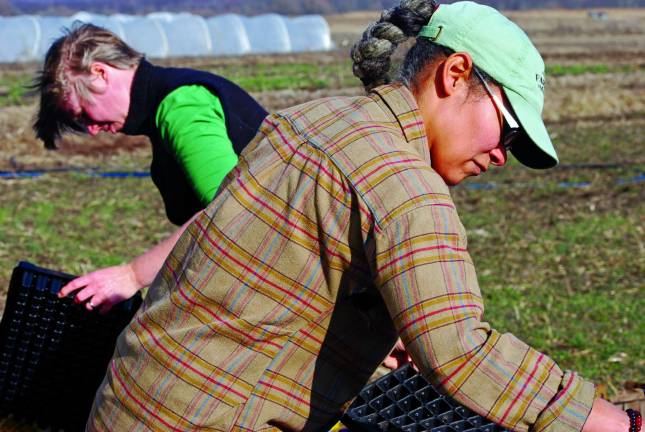
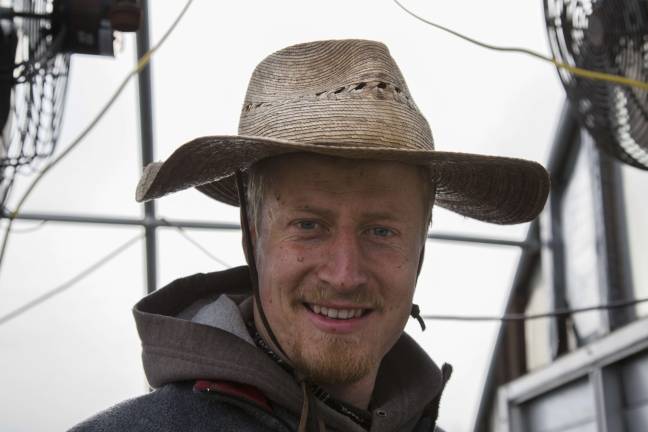
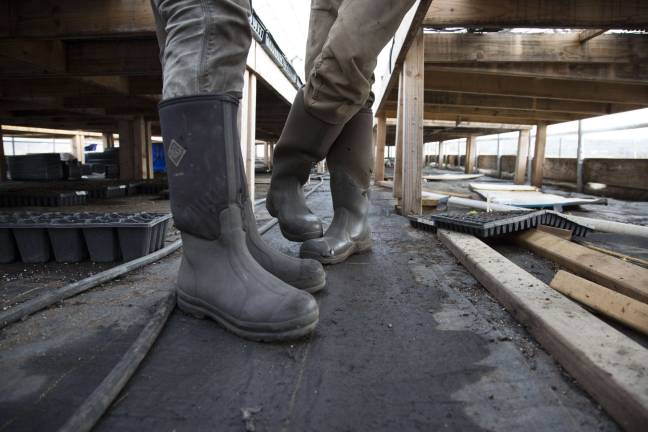
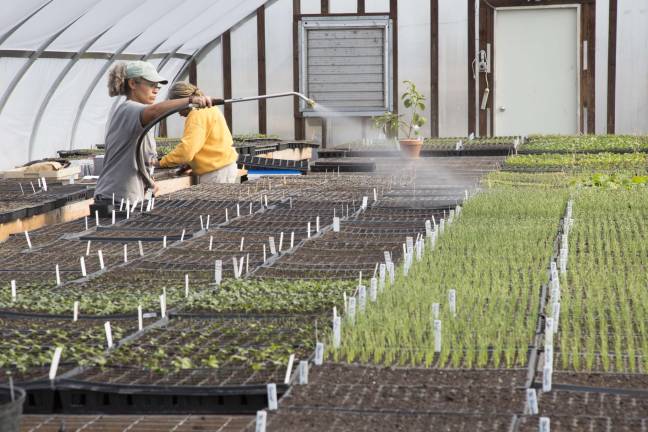
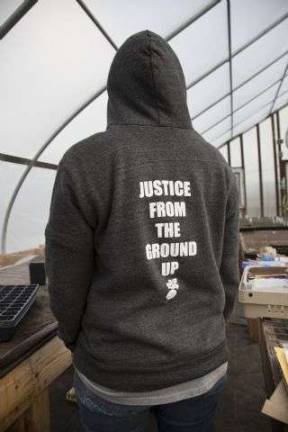
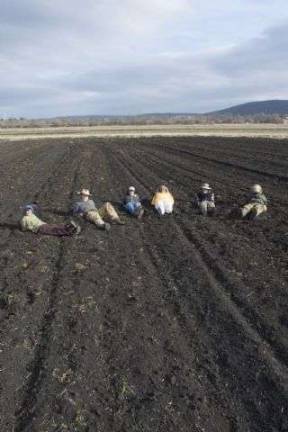
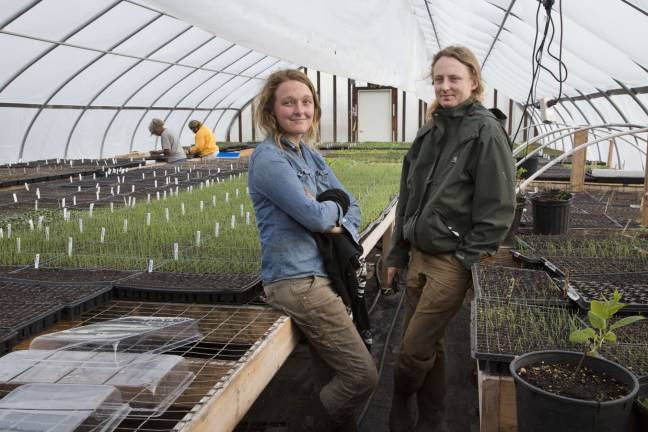
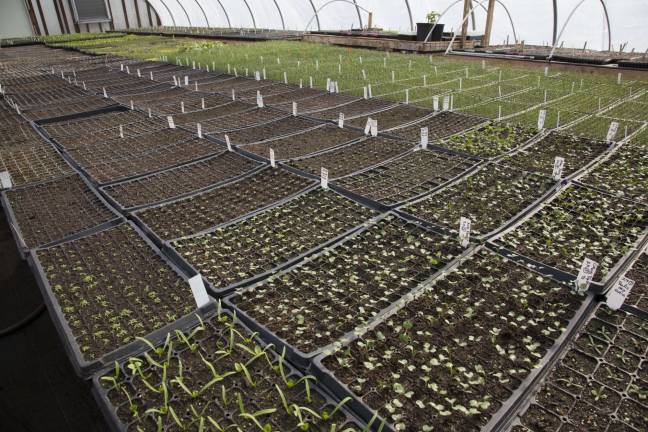
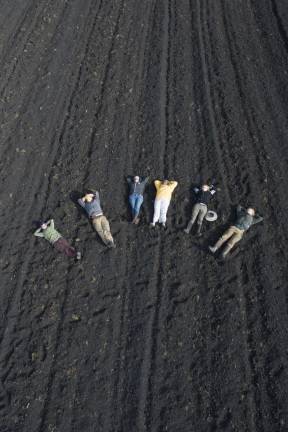
Fine, they’re not actually kids. They’re in their twenties, thirties, forties, one’s even in her sixties. But the farmers who make up the four farms of the Chester Agricultural Center are setting out to prove themselves in a way that feels audacious and chancy. Most have uprooted their lives to move here, to the fringe of Chester, NY, which — especially for the ones coming from the city — must be a serious change of pace. None had ever run their own farm before last year.
They are guinea pigs twice over. They are testing a new prototype: the Chester Agricultural Center is one of three sites in New York State where socially conscious investors have bought up prime farmland to lease to organic farmers for 30 years, with the option to renew once. The aim is to grow the next generation of sustainable farmers. This set-up grants new farmers access to land they wouldn’t be able to afford otherwise, and gives them the security to make long-term investments that will pay off over decades.
But before they can prove the model, first the Chester farmers have to go to war with the weeds. They’ve got to show their plentiful skeptics that the black dirt, famous for its astounding fertility, can be cultivated without chemical assistance.
“Some people say organic farming won’t be possible around here,” said Simon Ziegler, in his Germanic lilt. Ziegler, 28, might be the most cheerful, can-do farmer I’ve ever encountered. He’s also the only one I know with a degree in Organic Agriculture Science, a major that does not yet exist in the U.S. The week we spoke, he had just moved to Chester from the farm in Connecticut where he cut his teeth. He and his colleague farmer, Rachel Billings, 27, were planting seeds in flats as we spoke, in the heated greenhouse that the four farms share.
“It’s controversial,” Ziegler said. “We’re trying to prove them wrong.”
As if on cue, an older farmer walked into the greenhouse, rubbing his arms and stomping his feet. He owned a hay and beef cow outfit up the road. He was helping Ziegler build a greenhouse door, and disc his fields. His grandfather, he said, had come here from Poland to sharecrop the black dirt. He didn’t want to be quoted. On anything.
“They have this doubt,” said Ziegler, looking to the farmer for confirmation.
“I think what everybody has to say something about,” said the farmer, slowly and diplomatically, “is how many weeds there are.”
When it comes to established organic farmers on the black dirt, you could count them on one hand. If you were a sloth. There are a grand total of three that I’m aware of: Vinny D’Attolico in Pine Island, Jeff and Adina Bialis in Goshen, and Guy Jones in Chester, whose greenhouse is right next door.
Jones, the figurehead of the regional organic movement, is a driving force behind the Chester Agricultural Center. The day I stopped by the greenhouse to chat with the woman-owned Rise & Root Farm, Jones ambled across the two-by-four that bridges the irrigation ditch to visit. No pictures, he said in his gruff, not unfriendly way, when I reached for my camera.
He lingered by Michaela Hayes, 44, who was hosing down flats. Hayes, a chef and activist turned farmer, stopped hosing to listen. Jones comes by almost daily, she had told me, to spout “eight minutes of grumbling, two minutes of gold.” His message today: don’t let that rye take root in that field.
“It’s powerful stuff,” he said. “I’ll hit it with a disc right now.”
Even Jones, who’s been doing this for three decades, regularly loses fields of crops to the weeds. The grasses are the worst, with their strong roots and multitudinous progeny that the wind will spread far and wide if, God forbid, you let them go to seed.
Muck farmers have to think like military tacticians, battling the weeds with hoes and tractor implements of all description, black plastic and agricultural cloth, intricate timing cycles, buffer zones, even flame. But even with an all-of-the-above strategy, if it happens to rain for three days in a row, and the soft, low-lying fields get too mucky to get your tractor in there, it’s over Johnny — for that crop, anyway. The weeds just got an insurmountable head start.
If you can harness that fertility, though, and are lucky enough to avoid the floods that can rise up, slowly but inexorably as graywater in a clogged sink; well then, you’re in business. And even if the weeds do get to be as high as an elephant’s eye, sometimes you can pull your root crops right out from under them. Actually, seeing a farmer emerge from a thicket of weeds witha crate full of beets is becoming a not uncommon sight down here, at the end of the world.
But that’s all months away. For now, the greenhouse is full of sprouts and the smell of warm soil. The farmers are living lean and working long hours. At the height of the season as many as five of them will be living together in a trailer two minutes from the fields.
“It’s nothing new,” said Billings, a Peace Corps alumna. “I’ve shared beds with people I didn’t know. Community living is good. You learn about yourself and other people that way.”
And on Tuesday nights, they go out — farmer-style, which means no later than 11 p.m. Maybe bowling at Colonial Lanes, in the strip mall next to the ShopRite. “Tuesday night is Chester night,” said Hayes.
“Coming from community organizing, we were never going to be the people who come in and don’t value the people already here,” said Hayes. Hayes and her wife moved here from Inwood last April, to a house on the same street as the farm. Their first season was a modest success — thanks in no small part to the $50,000 they raised through Kickstarter to buy a walk-behind tractor.
The winter was a little lonely, Hayes acknowledged. But “we get to wake up and look out at this.” She nodded toward the expanse of windswept fields. Colorful dirt bikes zoomed around the farm roads, Mad Max style, in the distance. “It’s amazing to be so close to nature and have come into this farming community.”
For more info and to find out about how to buy their food: nefarmaccess.com.